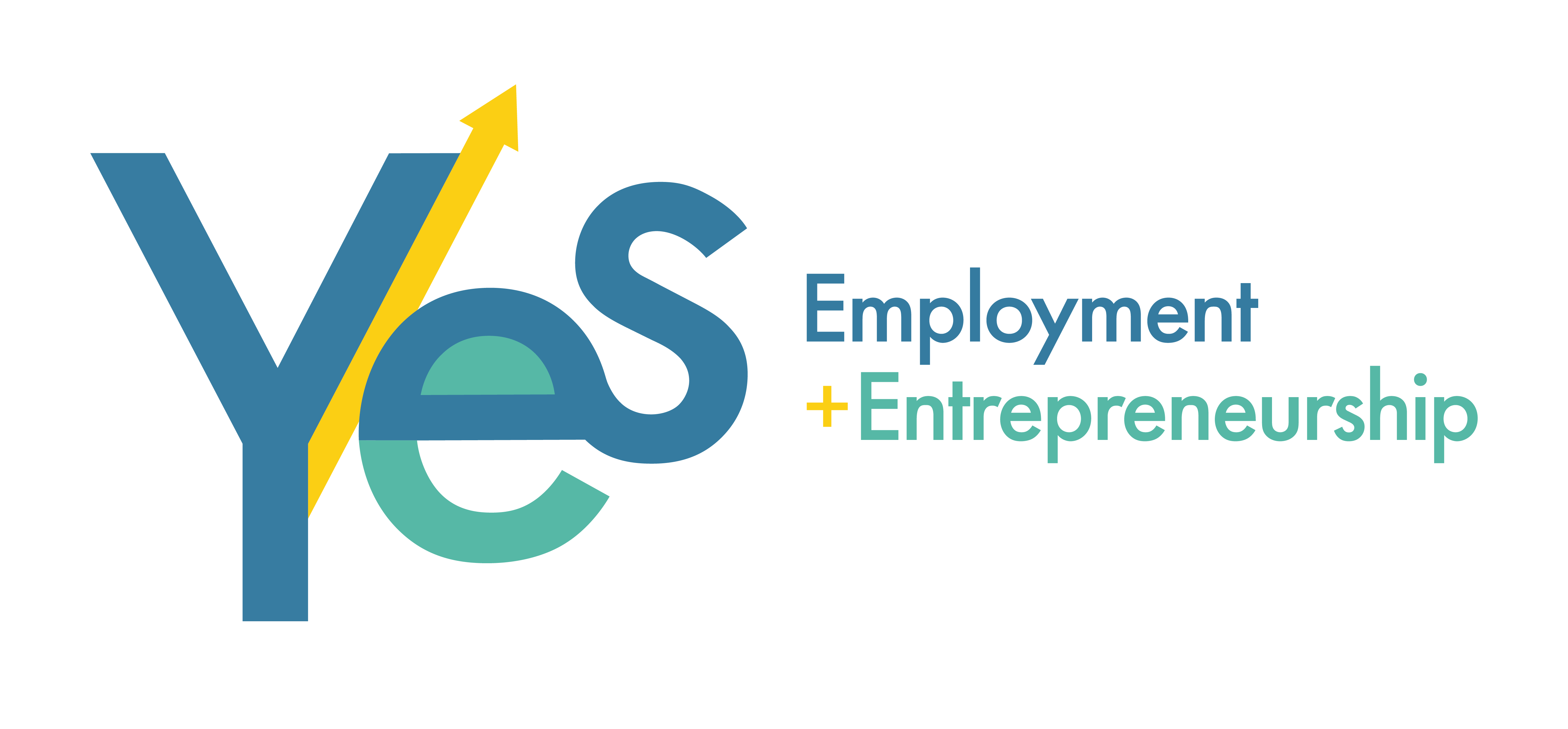Gender bias toward men in patent awards results in less biomedical innovation for women, study suggests
Research has long shown that fewer patents are awarded to women than to men. Now a new study suggests that bias is fueling disparities in biomedical innovation as well.
The study, published Thursday in Science, found that female inventors are more likely to come up with biomedical ideas and products that focus on the needs of women whereas male inventors are more inclined to focus on products for men.
Success and impact metrics in science are based on a system that perpetuates sexist and racist “rewards” by prioritizing citations and impact factors. These metrics are flawed and biased against already marginalized groups and fail to accurately capture the breadth of individuals’ meaningful scientific impacts. We advocate shifting this outdated value system to advance science through principles of justice, equity, diversity, and inclusion. We outline pathways for a paradigm shift in scientific values based on multidimensional mentorship and promoting mentee well-being. These actions will require collective efforts supported by academic leaders and administrators to drive essential systemic change.
New article calls for a shift in the value system of science to emphasize a more equal, inclusive academic culture.
The pandemic has exacerbated gender inequalities, left women more vulnerable to jobs losses and increased their unpaid care work.
According to UN Women’s projections 47 million more women will be pushed into extreme poverty in 2021.
In response UN Women are launching Feminist Plan for Sustainability and Social Justice, which outlines the key priorities for a COVID-19 recovery.
The issues facing academic mothers have been discussed for decades. Coronavirus Disease 2019 (COVID-19) is further exposing these inequalities as women scientists who are parenting while also engaging in a combination of academic related duties are falling behind. These inequities can be solved by investing strategically in solutions. Here we describe strategies that would ensure a more equitable academy for working mothers now and in the future. While the data are clear that mothers are being disproportionately impacted by COVID-19, many groups could benefit from these strategies. Rather than rebuilding what we once knew, let us be the architects of a new world.
The Impact of COVID-19 on the Careers of Women in Academic Sciences, Engineering, and Medicine identifies, names, and documents how the COVID-19 pandemic disrupted the careers of women in academic STEMM during the initial 9-month period since March 2020 and considers how these disruptions – both positive and negative – might shape future progress for women. This publication builds on the 2020 report Promising Practices for Addressing the Under-representation of Women in Science, Engineering, and Medicine to develop a comprehensive understanding of the nuanced ways these disruptions have manifested. The Impact of COVID-19 on the Careers of Women in Academic Sciences, Engineering, and Medicine will inform the academic community as it emerges from the pandemic to mitigate any long-term negative consequences for the continued advancement of women in the academic STEMM workforce and build on the adaptations and opportunities that have emerged.
The COVID-19 pandemic has forced many workplaces to innovate rapidly in order to simply survive. But innovation is a critical component of our economic prosperity even during normal times. To be successful, Canada’s skills strategies must address skills for innovation across sectors — from solo entrepreneurs, to small and medium-sized businesses, to large corporations and even within government itself. While Canada has made significant efforts to foster a strong innovation economy, the pandemic has helped to reveal where these efforts have created strong foundations for success as well as areas where much remains to be done.
The goal of this study is to provide a review of Indigenous women entrepreneurship in Canada’s economy, identify the barriers to their entrepreneurial success, understand Indigenous women entrepreneurs’ unique approaches to innovation, and provide recommendations for a more inclusive ecosystem to support Indigenous women in their economic pursuits and social activities. The study uses a gender perspective to explore the profiles of Indigenous women-owned businesses, and takes a preliminary look at their use of traditional knowledge (collective knowledge of traditions used by Indigenous groups to sustain and adapt themselves to their environment over time).
Through conversations, #MOVETHEDIAL arrived at eight actionable behavioural changes (or “nudges”) that can help make innovation roles more accessible, welcoming and rewarding for women across all sectors.
Centered around inclusion, intention, and investment, #MOVETHEDIAL’s open-sourced Playbook serves as an important resource for companies of all sizes.















